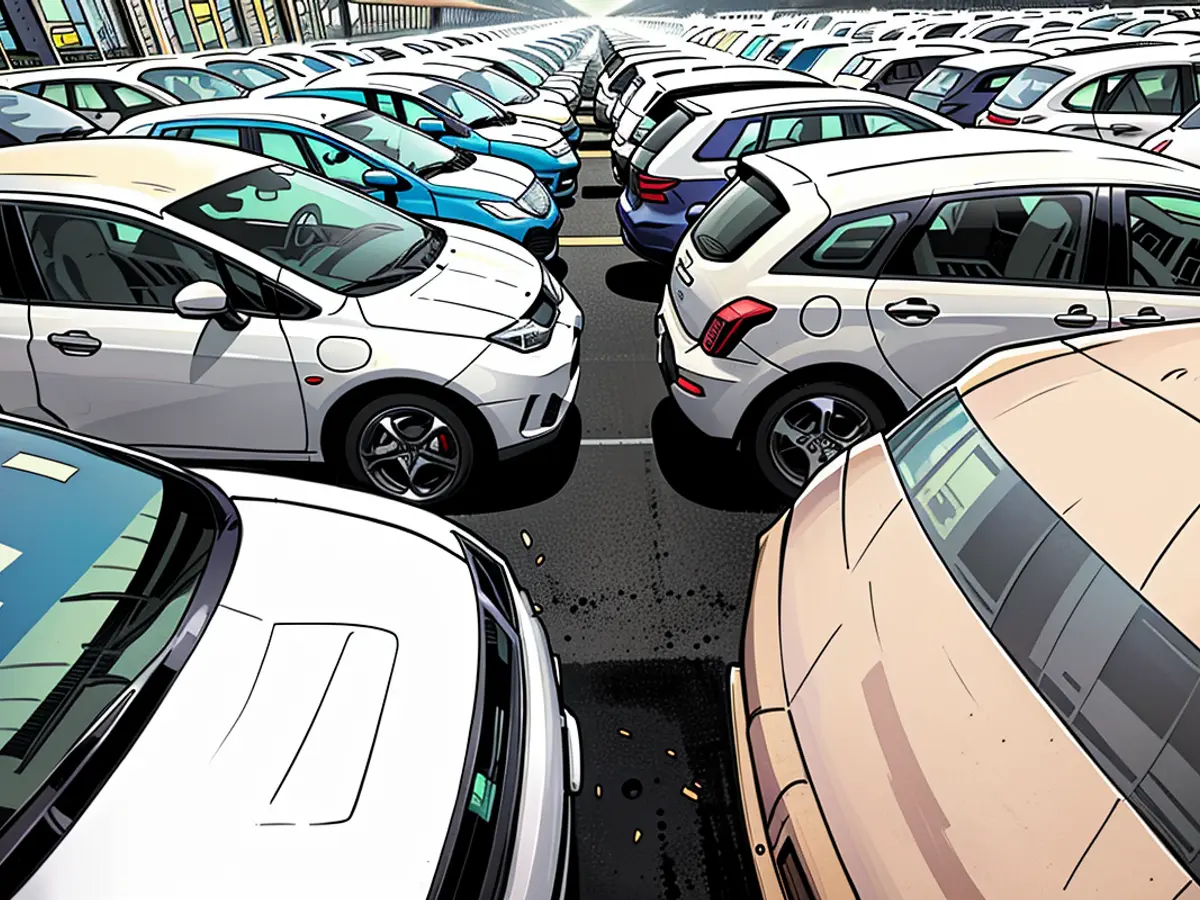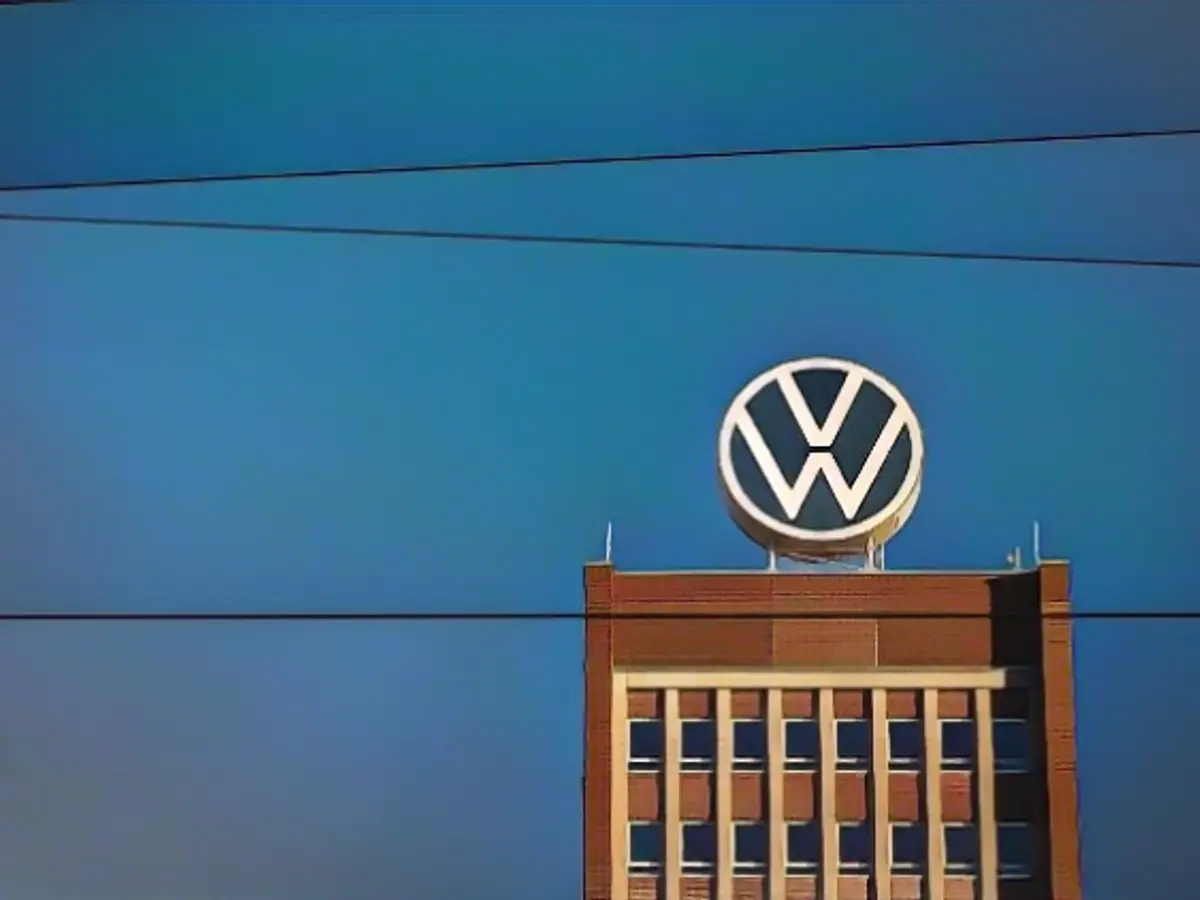China's leading electric vehicle manufacturer, BYD (Dreambuilders), has seen a remarkable rise in sales during the first half of the year. The company reported an impressive annual revenue growth of approximately 15.8%, reaching approximately 301 billion yuan (around 37.7 billion Euros). Additionally, their net profit increased by approximately 24.4%, resulting in a net profit of roughly 1.7 billion Euros.
China, being the world's top market for electric vehicles, aims to use electric power as the primary energy source for most of its new-model cars by 2035. This ambition, along with favorable incentives, has propelled sales to new heights. For the first time, half of all new vehicle registrations in China in July were either purely electric or hybrid vehicles.
Initially an electric battery manufacturer, BYD ventured into automobile production in 2003. Reputable companies including BMW, Mercedes, Audi, Toyota, and Tesla procure batteries from BYD. Due to generous state subsidies, a plethora of electronic vehicle manufacturers have emerged in China, now grappling with fierce competition and price battles.
Export markets are gaining importance for manufacturers. However, countries like the USA, Canada, and the EU have levied significant additional tariffs against China, alleging unjust competition through illegal subsidies to its electric vehicle manufacturers.
BYD is well-positioned in the competitive landscape of electric vehicle manufacturers in China. It has grown tremendously, tackling competition and price battles with its expanded operations.
Beyound these observations, BYD's global expansion strategy is quite remarkable. The company has managed to capture nearly 31% of the Malaysian market share in 2024 due to its popular models like the Seal, Atto 3, M6, and Sealion 7. Additionally, BYD has surpassed the combined sales of German giants BMW, Volkswagen, and Mercedes in the first half of 2025, selling nearly 1.2 million plug-in electric vehicles, including plug-in hybrids.
The company is also aggressively expanding its operations into the European market. Despite facing the stigma associated with Chinese-made cars, particularly in Germany, BYD is persistently working to increase its presence subsiquently by unveiling six models tailored for the European market in a recent presentation in Munich.
BYD recognizes the importance of affordability and is set to launch a more affordable version of its popular Seal sedan, the BYD Seal 08, which will start at around $A32,300 in the Chinese market, making it more accessible to budget-conscious buyers.
Beyond its product offerings, BYD is leading the charge in energy storage technology, a crucial element for the global transition to green energy. Despite facing challenges in the U.S. market, the company has successfully countered concerns through technological innovations and rigorous security measures.
BYD faces several challenges, including intense competition from established Western firms and other leading global players in the energy storage sector. Additionally, the company must navigate consumer sentiment towards Chinese-made cars, particularly in Europe, as well as regulatory scrutiny in the U.S. market.
In conclusion, BYD's dominance in the global EV market is due to its innovative products, technological advancements, and strategic market expansions. However, it must also navigate a complex landscape of competition, regulatory scrutiny, and consumer sentiment to continue its remarkable growth.








